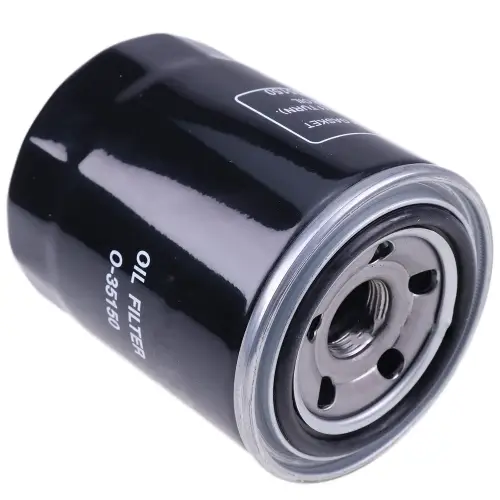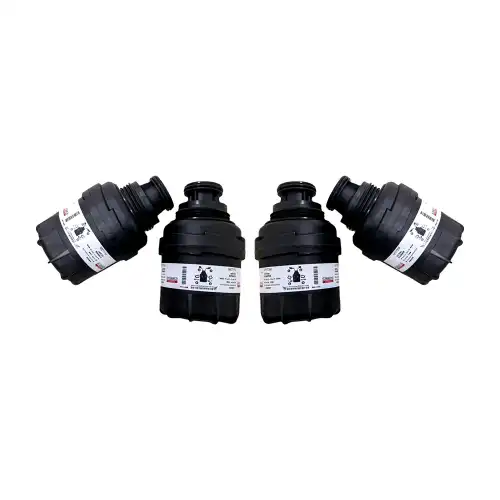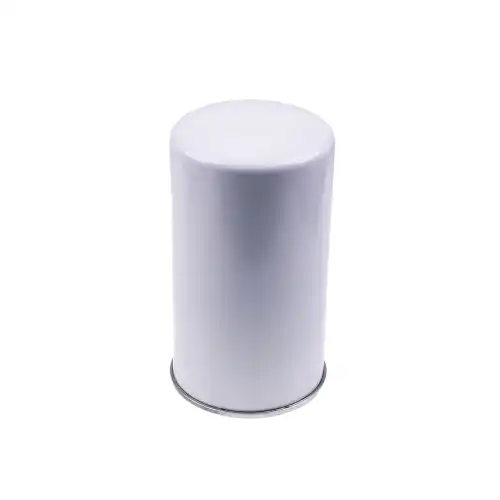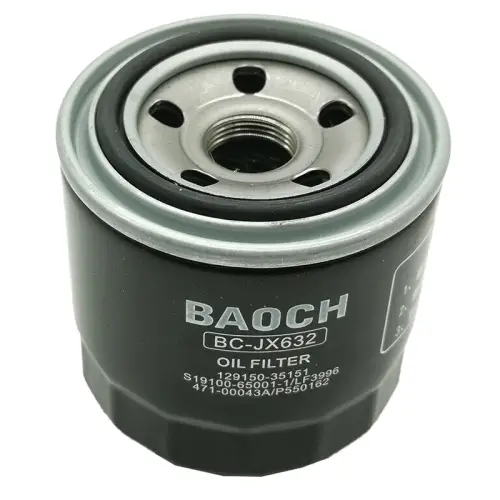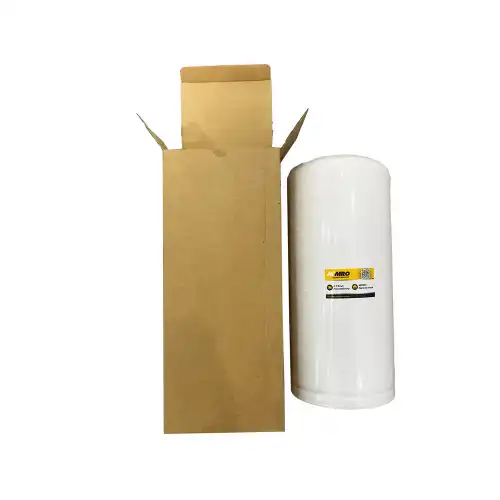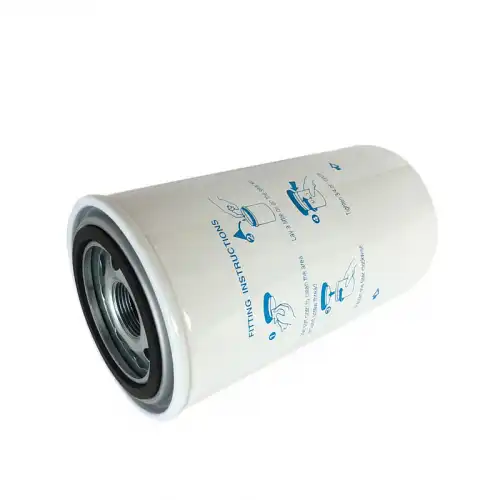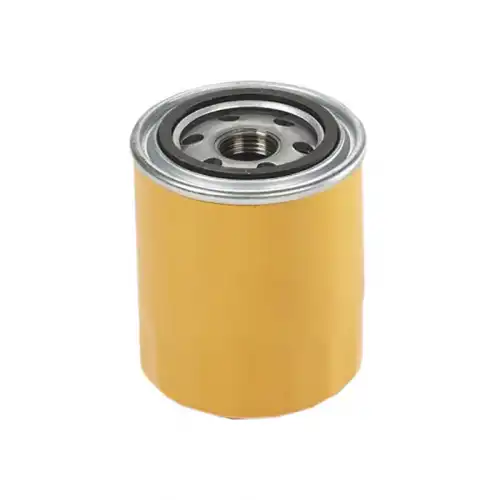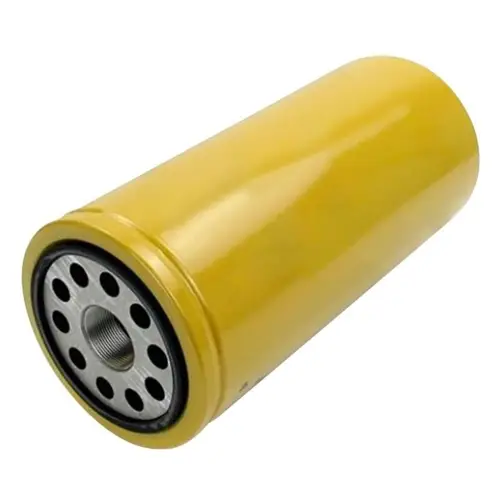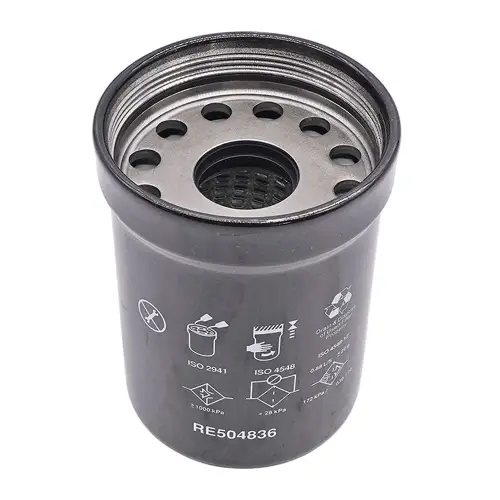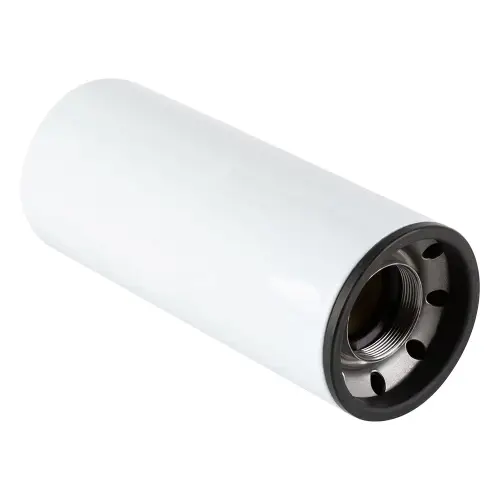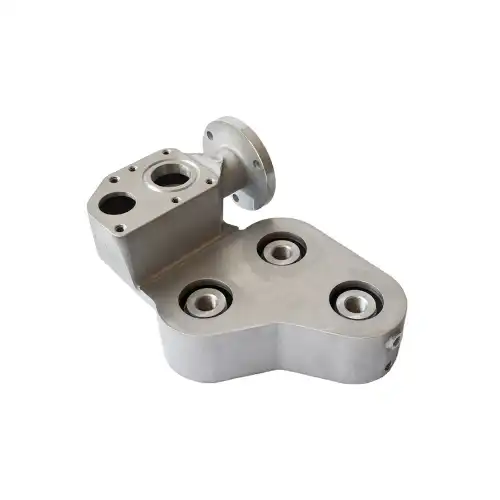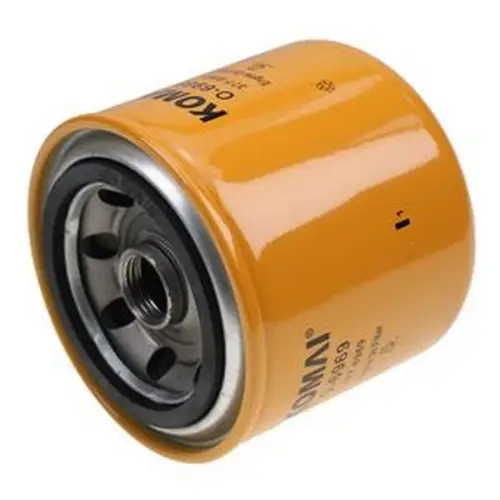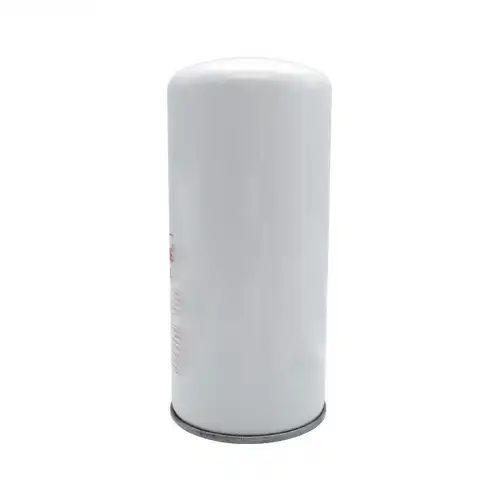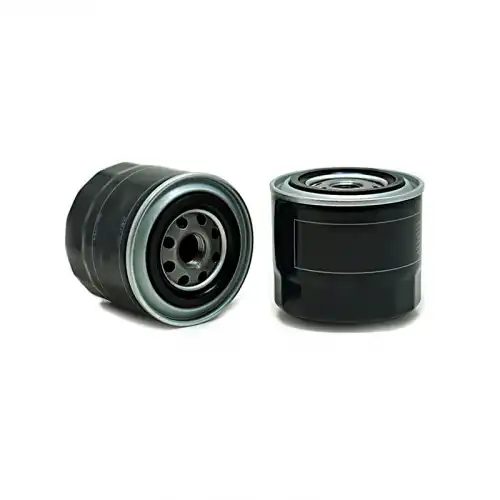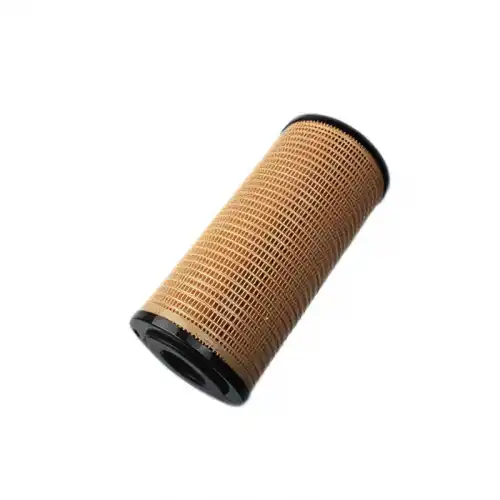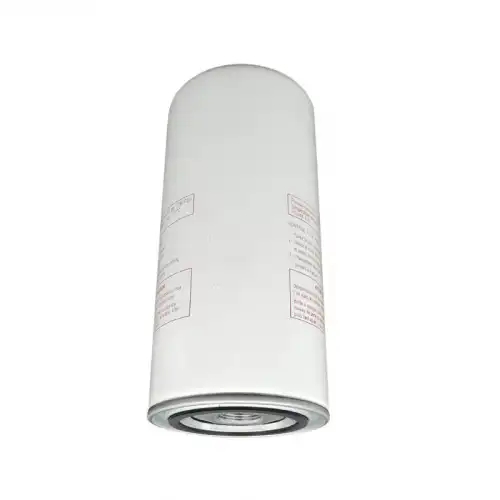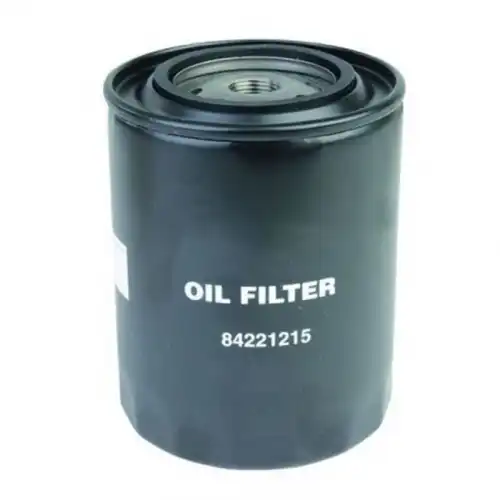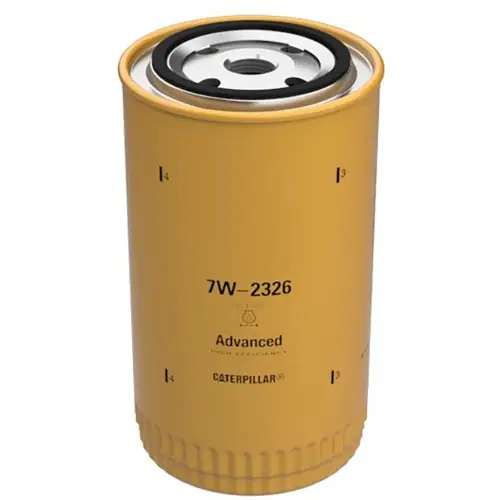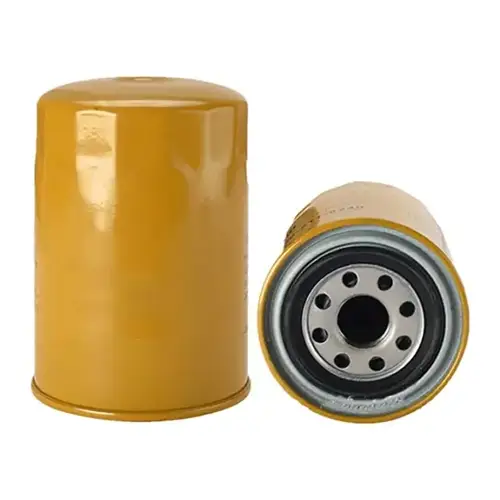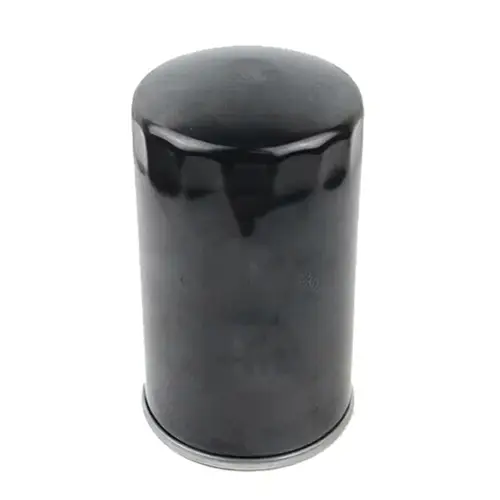If you own an FR691V engine, you know that synthetic oil is the best choice for your engine's longevity and performance. To maintain the engine functioning at its best, they require high-quality oil that is adequately filtered. The oil serves as a lubricant for the engine, passing through the moving parts to keep them cool and working smoothly. Although an oil filter has a limited lifespan, throughout that time it will keep the oil clean of contaminants. That's why we've created a comprehensive cross-reference oil filter lookup guide to help you find the best oil filter for synthetic oil for your FR691V engine.
The Ultimate Guide to Finding the Best Oil Filter for Synthetic Oil
Synthetic oil has become increasingly popular over the years due to its superior performance and longer lifespan compared to conventional oil. However, using the right oil filter is crucial to ensure that your synthetic oil performs to its maximum potential. Here is an ultimate guide to finding the best oil filter for synthetic oil.
1. Check the Compatibility: The first step in finding the best oil filter for synthetic oil is to check the compatibility with your car's make and model. This information can be found in your car's manual or online. It is important to choose an oil filter that is compatible with synthetic oil as some oil filters are designed specifically for conventional oil.
2. Look for High Efficiency: The next step is to look for an oil filter that has high efficiency. A high-efficiency filter will remove more contaminants from the oil, which is important for synthetic oil as it is designed to perform at higher temperatures and pressures. Look for filters that have a micron rating of 10 or less.
3. Check the Filter Material: The filter material is also an important factor to consider. Synthetic oil can break down some filter materials over time, so it is important to choose a filter with a material that is compatible with synthetic oil. Look for filters that have a synthetic or a blend of synthetic and cellulose filter media.
4. Consider the Filter Size: The size of the oil filter is also an important consideration. It is important to choose a filter that fits your car's engine and has the right capacity to hold the oil. A filter that is too small may not filter the oil properly, while a filter that is too large may cause oil flow problems.
5. Look for a Trusted Brand: Choosing a trusted brand is always a good idea when it comes to car parts. Look for a reputable brand that has a history of producing high-quality oil filters for synthetic oil.
6. Consider the Price: Price is always a consideration when buying car parts. However, it is important not to compromise on quality for price. Look for a filter that is reasonably priced but still meets all the criteria for compatibility, efficiency, and filter material.
What is a Cross Reference Oil Filter and Why is It Important?
A cross reference oil filter is a type of oil filter that is designed to replace the original equipment manufacturer (OEM) oil filter with a filter that has equivalent or superior filtering capabilities. The cross reference oil filter is specifically designed to fit the same engine application as the OEM filter and meet or exceed the performance specifications of the original filter.
A cross reference oil filter ensures that the engine is protected by a filter that meets or exceeds the original filter's specifications, which means that it is filtering out the same level or more contaminants as the original filter. Using a low-quality or incompatible filter can lead to poor engine performance, engine damage, and decreased engine lifespan. Therefore, it is important to always choose a high-quality cross reference oil filter that is specifically designed for your engine's application.
Oil Filter Lookup Guide for Fr691v Engine
To find the correct FR691V oil filter, you can use an oil filter lookup tool provided by the manufacturer or an aftermarket supplier. Here are the steps you can follow:
- Identify the make and model of your equipment that is equipped with the FR691V engine. This information can usually be found on the equipment label or owner's manual.
- Obtain the FR691V engine specifications, such as the oil capacity, oil type, and oil filter part number. You can find this information in the engine manual or by contacting the engine manufacturer.
- Visit the website of the oil filter manufacturer or an aftermarket supplier, such as NAPA, WIX, or Purolator.
- Enter the make and model of your equipment and the FR691V engine specifications into the filter lookup tool.
- The tool will provide a list of compatible oil filters for your engine. Select the filter that matches the part number specified in the engine manual or that meets the manufacturer's specifications for your equipment.
- Purchase the recommended oil filter and replace the old filter according to the instructions in the engine manual.
- Some popular oil filter options for the FR691V engine include the Kawasaki 49065-7007, Fram PH8170, and WIX 51394. However, it's always best to consult the manufacturer's specifications or use a filter lookup tool to ensure that you are using the correct filter for your engine.
What is an Fr691v Oil Filter and How Does It Work?
The FR691V is a model of engine produced by Kawasaki that is commonly used in various types of outdoor power equipment, such as lawnmowers and small tractors. The engine requires an oil filter to keep the oil clean and free from contaminants, which can cause engine damage or wear.
The FR691V oil filter is a component that is designed to trap contaminants and impurities from the engine oil as it circulates through the engine. The oil filter is typically located near the bottom of the engine, where it can easily be accessed for replacement.
Inside the oil filter, there is a filter element made of a material such as paper, mesh, or synthetic fibers. As the oil flows through the filter element, the contaminants are trapped on the surface of the filter material. Over time, the filter can become clogged with contaminants, reducing its effectiveness and potentially causing damage to the engine.
 Track Your Order
Track Your Order




